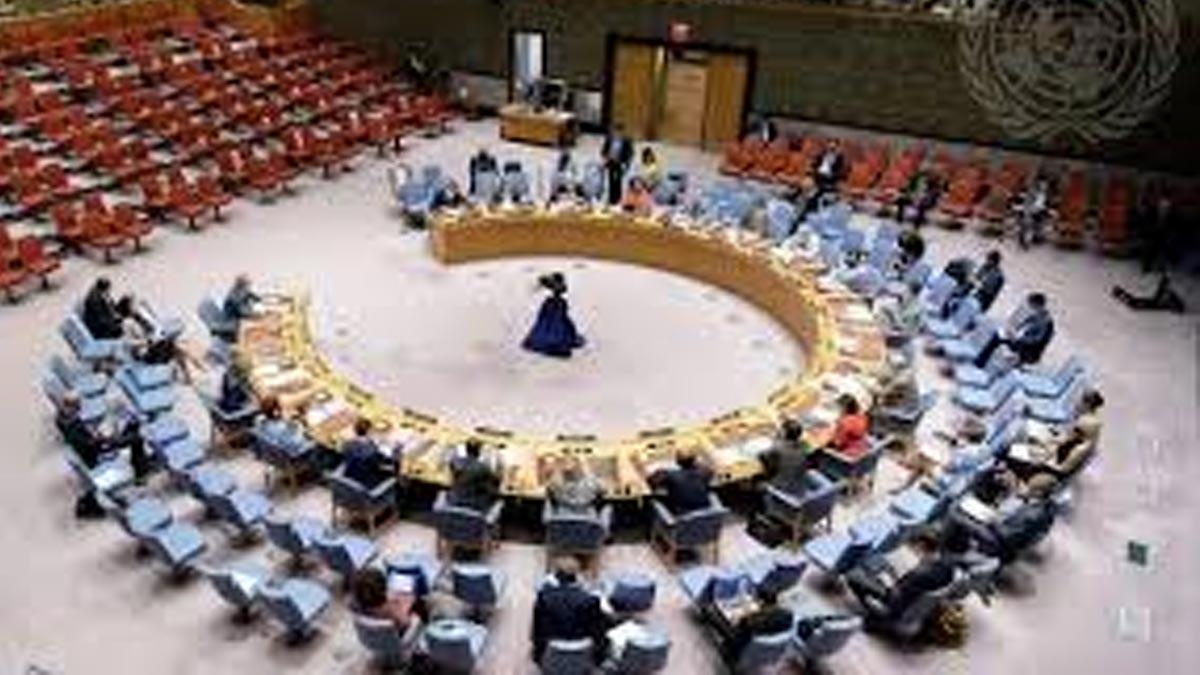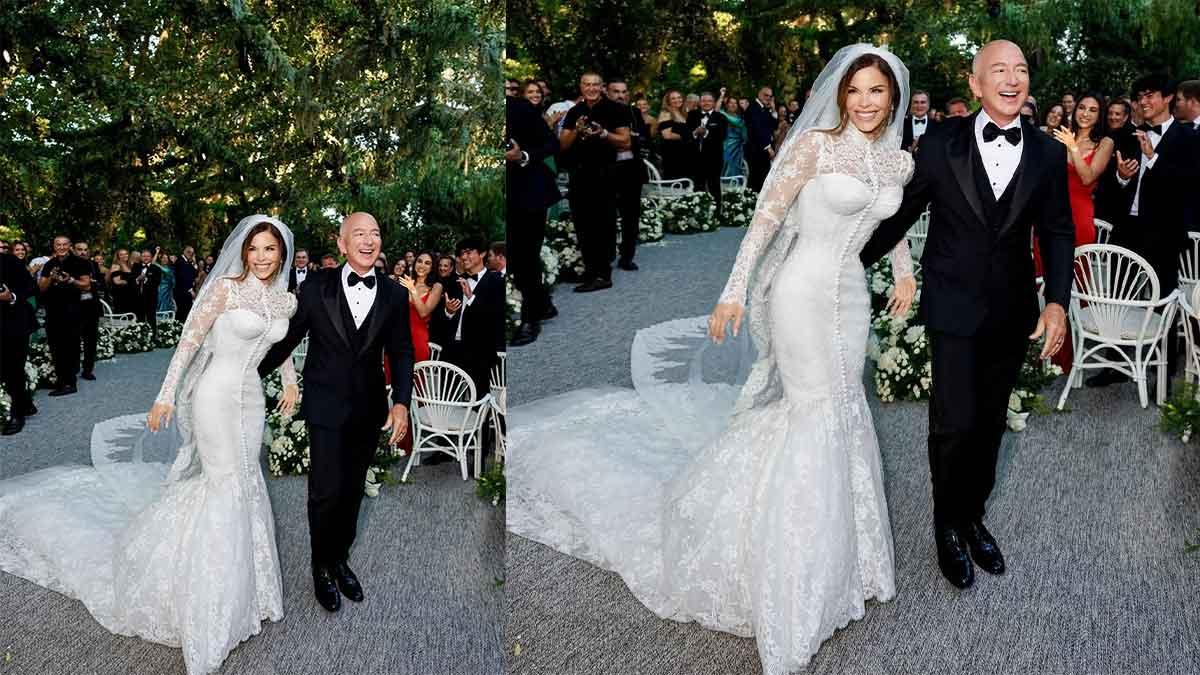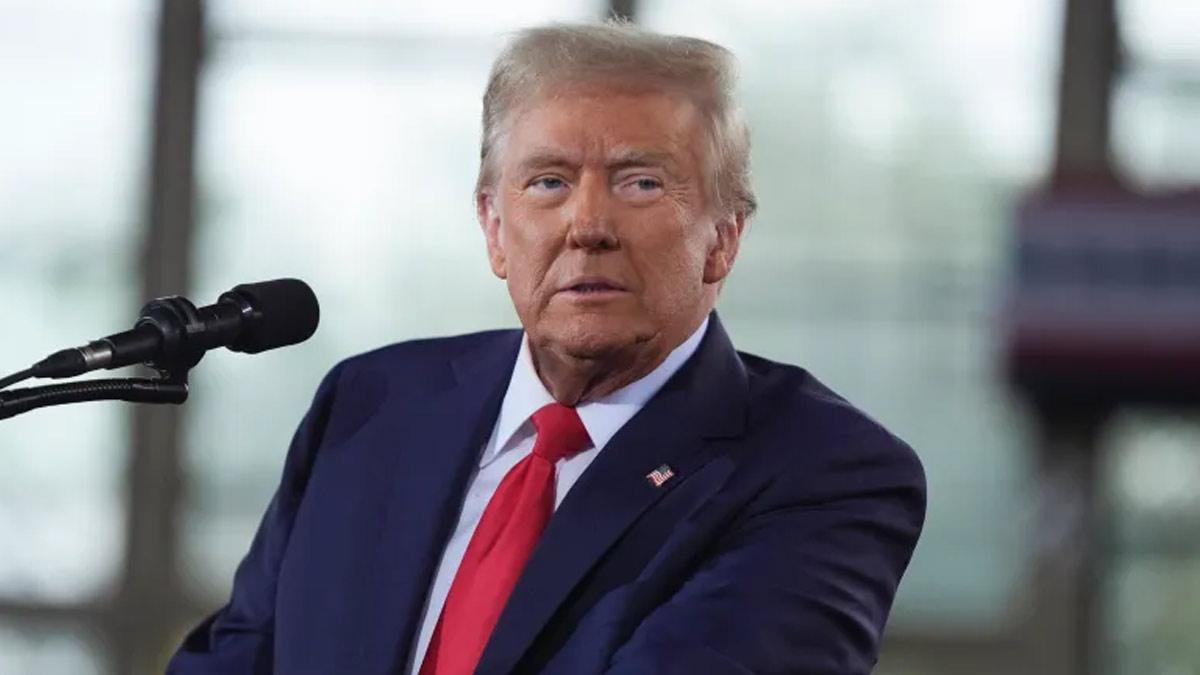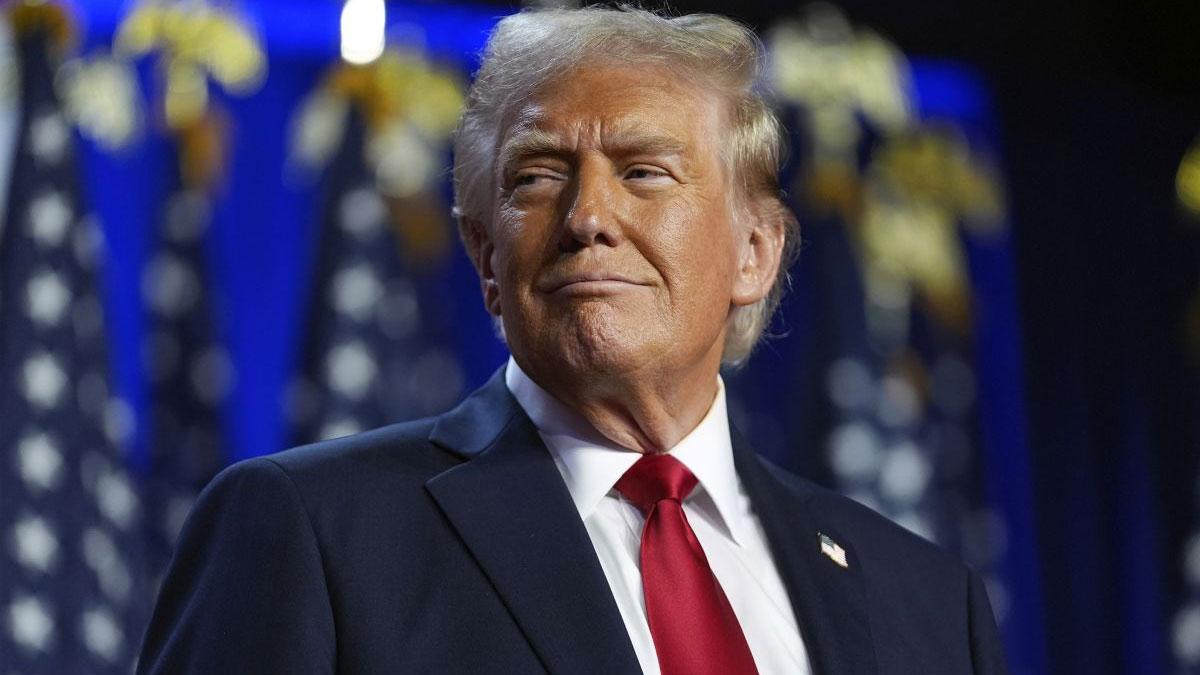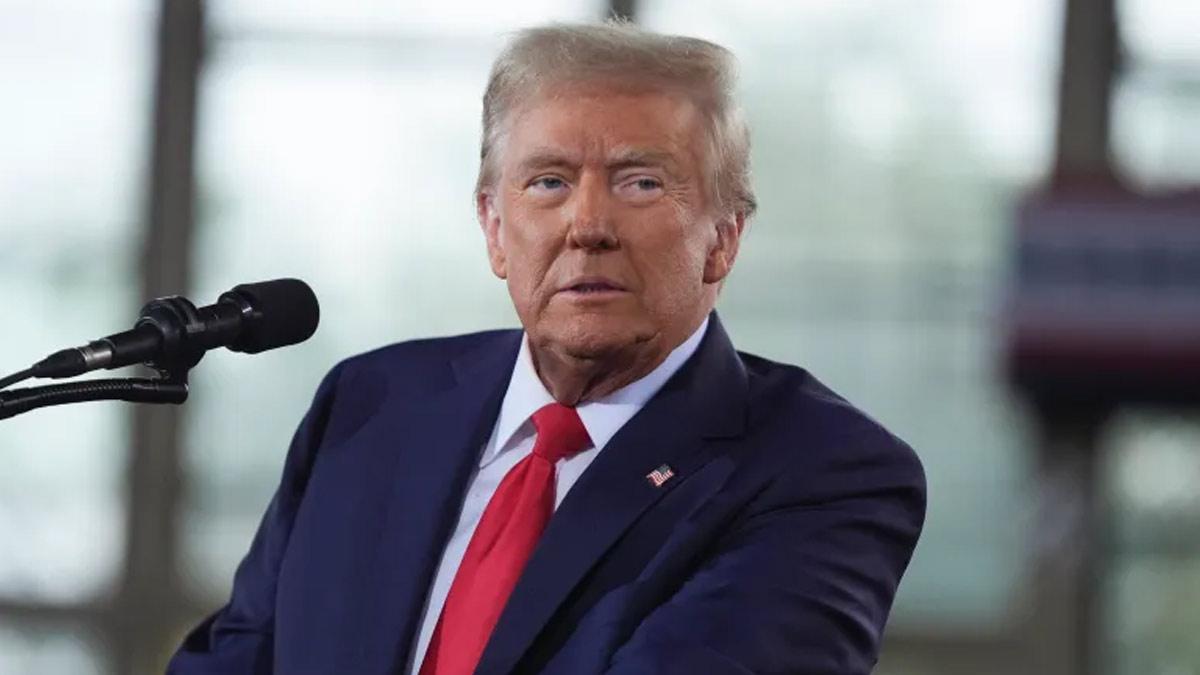India has underscored the need to reform the United Nations Security Council (UNSC) in order to provide enduring peace in conflict areas, underlining that political settlements must go hand in hand with peacekeeping.
India's UN Permanent Representative P. Harish informed the Security Council on Monday that "peacekeeping cannot be the only solution to conflicts." He explained that "peace prevails when peacekeeping operations are paired with political solutions," and in order to achieve that, it is essential to reform the UNSC to bring it in tune with the modern-day geopolitical scenario. This means modifying both the permanent and the elected membership categories.
During a debate on peacekeeping missions, Harish, in his speech, urged UNSC reform to ensure that it is inclusive and representative of the current political world.
UN Secretary-General António Guterres emphasized the new challenges peacekeeping confronts, noting that they arise from a complicated combination of threats, most of which "do not respect national borders." He enumerated terrorism, extremism, organized crime, weaponization of new technologies, and the effects of climate change as principal drivers challenging peacekeeping.
Harish recognized these emerging challenges and suggested India's role in countering them. "India is ready to design and provide courses responding to particular needs of contemporary peacekeeping at our Centre for UN Peacekeeping (CUNPK)," Harish said, pointing out that the CUNPK has been training national as well as international peacekeepers for more than 20 years.
Besides this, Harish pointed out India's contribution to promoting peacekeeping by mentioning the First Conference for Women Peacekeepers of the Global South, where representatives from 35 troop and police-contributing states converged.
Secretary-General Guterres also referred to a constant review of peace operations, which encompasses "far-reaching consultations with Member States and others to guide – and energize – recommendations." The review will address critically assessing existing tools and making practical proposals on how to make peace operations more effective in the modern context. Guterres further said that peace operations should be guided by clear, realistic, and attainable mandates, with solid exit strategies and transition plans.
Harish seconded this view, emphasizing that peacekeeping missions need to have "clear mandates" and "workable transition strategies and exit strategies to ensure that peace endures."
He also seized the chance to remind the Council of the continuing requirement to finalize the Memorial Wall, a project originally brought forth by India in 2003, to commemorate the over 4,000 peacekeepers, including 182 Indians, who have died while serving the UN.
Harish urged this memorial to be completed at the earliest, stressing the need for recognizing the sacrifices of peacekeepers across the globe.
Read also| India Asks Pakistan to Leave Kashmir and Cease Justifying Terrorism
Read also| US and Ukraine Wrap Up 'Productive' Talks in Riyadh, Says Ukrainian Defence Minister

